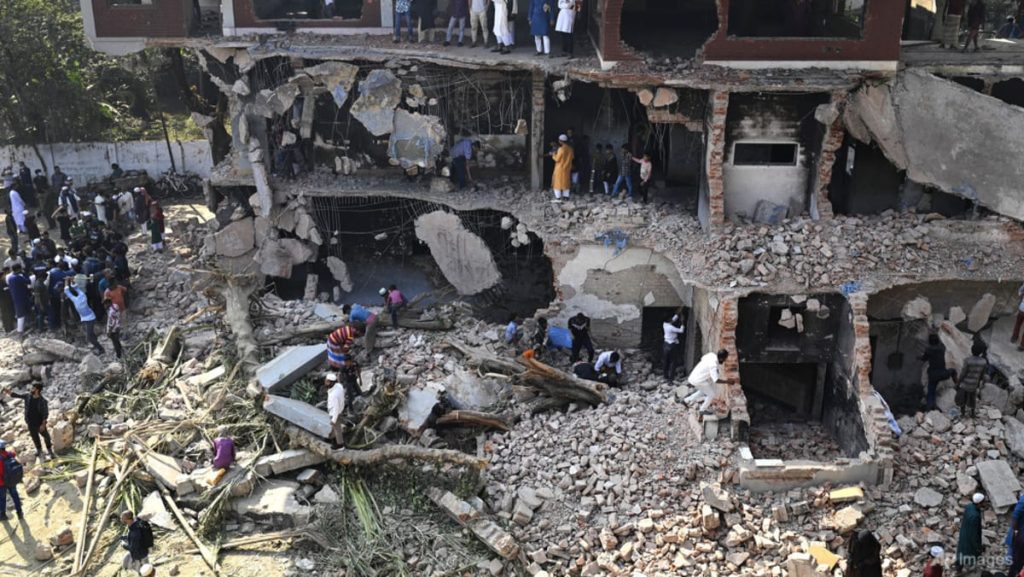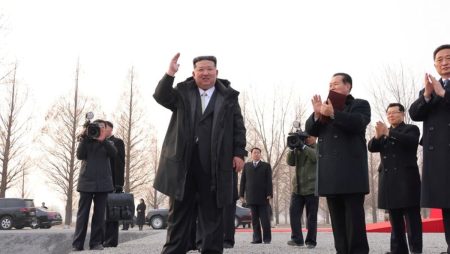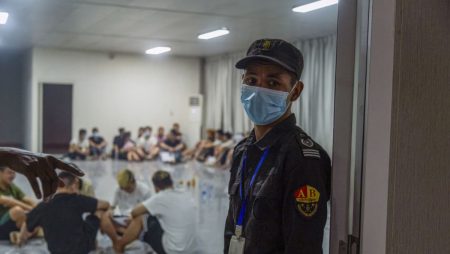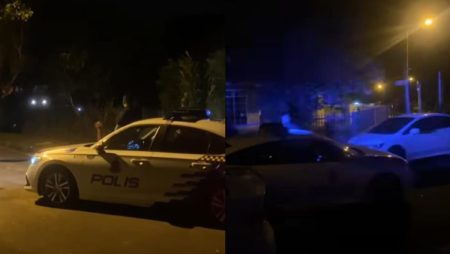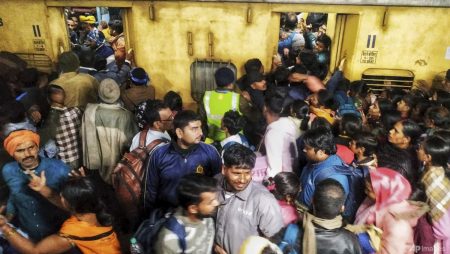A Dark Chapter in Bangladesh’s History
The human rights landscape in Bangladesh has been marred by a series of disturbing events, culminating in a 45-day period of unprecedented violence and repression. At the request of Bangladesh’s interim leader, Mohammed Yunus, the United Nations Human Rights Office launched a fact-finding mission to investigate the extent of the atrocities. The mission, which included human rights investigators, a forensics physician, and a weapons expert, conducted over 230 confidential in-depth interviews with victims, witnesses, protest leaders, rights defenders, and others. The team also reviewed medical case files and analyzed various forms of documentation, including photos and videos. The resulting report paints a grim picture of state-sanctioned violence and systematic human rights abuses.
The Escalation of Protests
The unrest began as peaceful protests against civil service job quotas but quickly escalated into broader calls for the resignation of Prime Minister Sheikh Hasina. The former government, in response to the growing resistance, adopted increasingly violent methods to suppress the demonstrations. The UN Human Rights Office estimates that as many as 1,400 people may have been killed during this 45-day period, a figure that far surpasses the interim government’s estimate of 834 fatalities. The majority of these deaths were attributed to shots fired by Bangladesh’s security forces, with children making up a shocking 12 to 13 percent of the victims. The report underscores the brutal and calculated nature of the government’s response, which included extrajudicial killings, arbitrary arrests, and torture.
A Calculated Strategy of Suppression
UN rights chief Volker Turk described the brutal response as a "calculated and well-coordinated strategy" by the former government to cling to power despite mass opposition. The testimonies and evidence gathered by the UN team reveal a disturbing pattern of state violence and targeted killings. Security forces were documented to have deliberately killed or maimed defenseless protesters by shooting them at point-blank range. The report also highlights instances of gender-based violence, including threats of rape aimed at deterring women from participating in the protests. Children were not spared; they were subjected to arbitrary arrest, detention in inhumane conditions, and torture.
The Role of Public Retaliation
While the primary responsibility for the violence lies with the state and its security forces, the report also notes that some elements in the crowds committed acts of retaliation, including lynchings and other serious violence against police and Awami League officials or supporters. These acts of violence, though condemnable, highlight the deep-seated tensions and the breakdown of law and order that characterized this period. The interplay between state-sponsored violence and public retaliation created a cycle of fear and retribution that further exacerbated the crisis.
The Path Forward
Turk emphasized the importance of accountability and justice for national healing and the future of Bangladesh. He called for a comprehensive process of truth-telling, healing, and accountability to address the legacy of serious human rights violations. Turk stressed that the best way forward for Bangladesh is to face the horrific wrongs committed during this period and ensure that such atrocities never occur again. The report’s findings underscore the urgent need for a thorough investigation and a robust legal framework to hold those responsible accountable.
A Call for International Support
The UN Human Rights Office’s report serves as a stark reminder of the critical role international organizations play in promoting human rights and justice. It calls on the international community to support Bangladesh in its efforts to address the legacy of violence and to build a more just and equitable society. The report’s comprehensive documentation of the atrocities provides a solid foundation for legal action and policy reform. It also highlights the resilience and courage of the victims and their families, who continue to seek justice and accountability despite the overwhelming odds. The path forward is fraught with challenges, but with international support and a commitment to truth and justice, Bangladesh has the opportunity to heal and move towards a brighter future.





